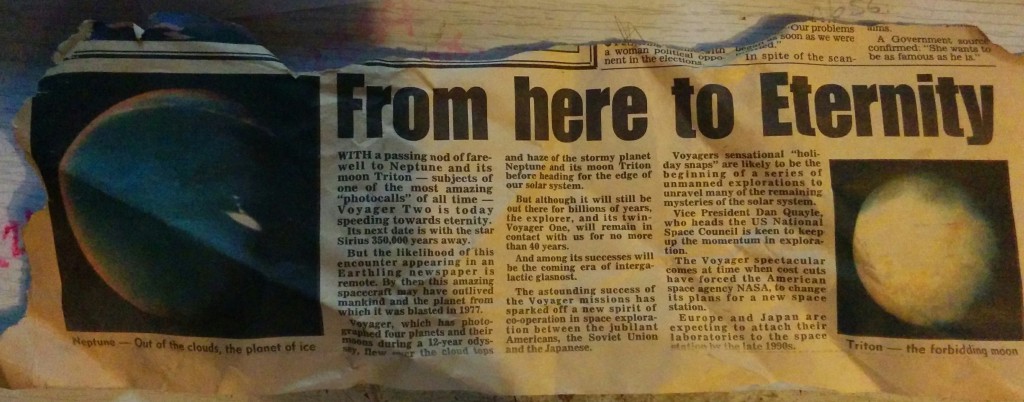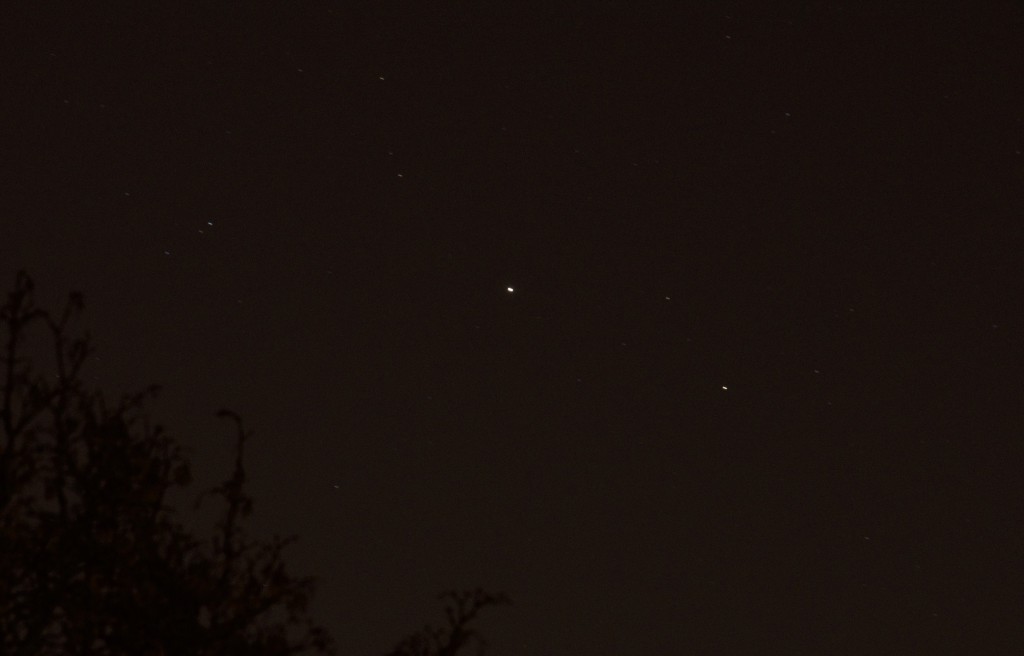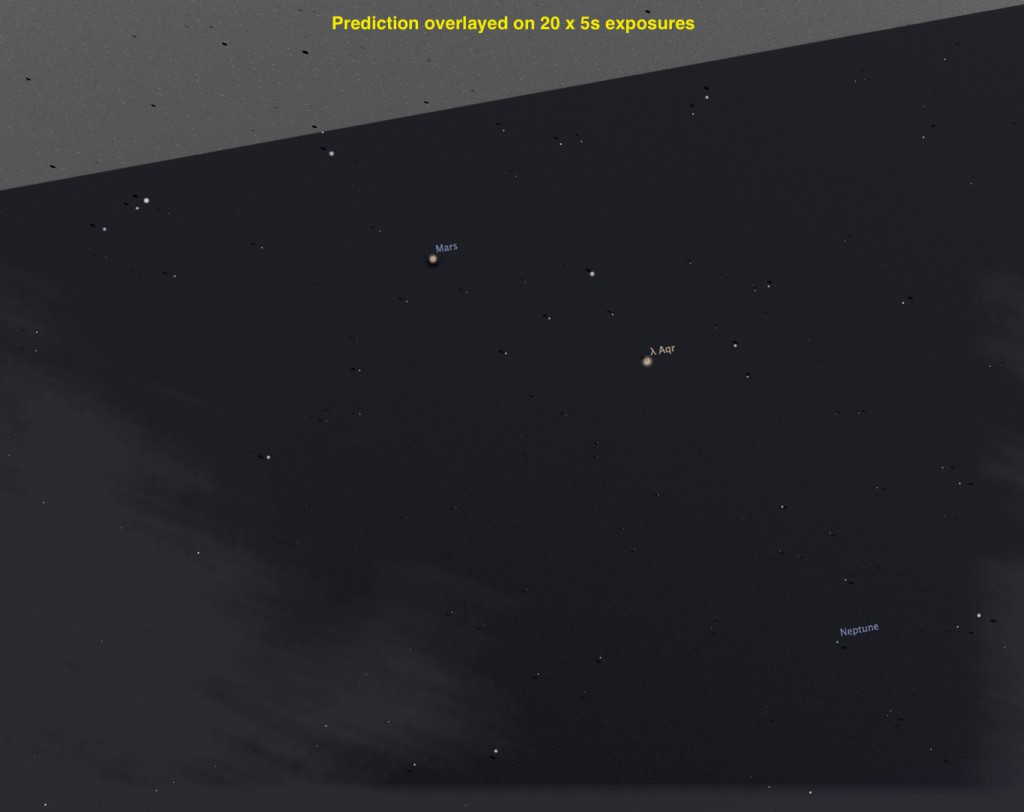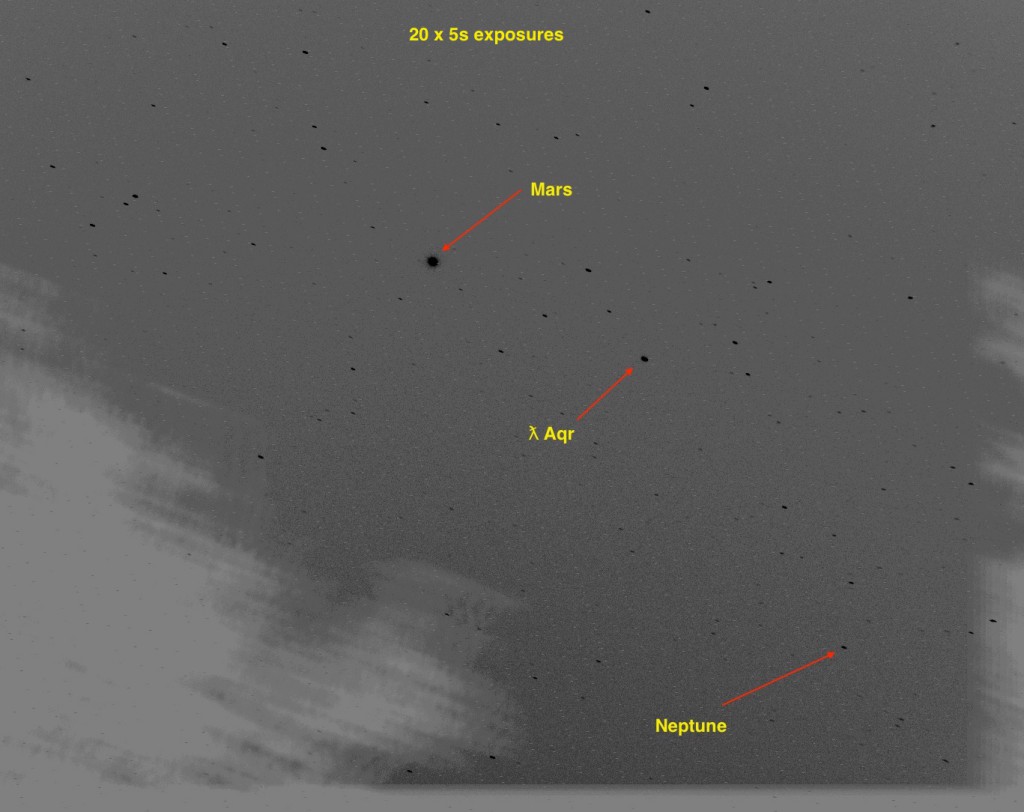Moving this website to a new server. Might mean I actually write stuff here more than a few times per year.
Expect some things to be broken for a while.
Moving this website to a new server. Might mean I actually write stuff here more than a few times per year.
Expect some things to be broken for a while.
I’ve been in the Orkney Islands for several days, departing from Scrabster (Near Thurso) with stays in St Margaret’s Hope, Kirkwall and somewhere between Finstown and Tingwall.
Total journey length including ferries, busses, walking and the world’s shortest commercial flight : 516 km.
More to follow.

Abolished in 1859, Oak Apple Day was established in 1660 by a parliamentary act declaring
[29 May ] to be for ever kept as a day of thanksgiving for our redemption from tyranny and the King’s return to his Government, he entering London that day.
It’s now the day where I usually post this video of a CT scan of an Oak Apple complete with a few developing wasps.
My interest in Oak Apples is less to do with the restoration of the monarchy, and more to do with the use of them in the production of iron gall Ink, which was commonly used as a writing ink from around the 5th century until the invention of more modern inks in the 1900s
In the video we can see the bodies of several developing gall wasps. The Oak Apple was taken from a batch bought for making ink, so the wasps were long since dead.
I’ve always had an interest in astronomy and have dabbled in astrophotography since I got my first digital camera back in the late 1990s. Over the years I’ve got images of all the planets except Neptune and Pluto. The latter of these is never going to be an easy target for the lazy amateur (me), but maybe, just maybe Neptune is possible.
I’ve had a soft spot for Neptune since the Voyager 2 flyby in 1989 – I’ve still got the article I tore out from a newspaper at the time.

As it happens, Neptune is nicely placed in the sky right now – just between Venus and Mars and close to a couple of guide stars.
Braving the frost, I took the camera out to the garden, mounted it on a slightly wobbly tripod and took some images of the general area of sky I knew Neptune was lurking. Some processing and stacking with ImageJÂ and I had a star-field that might contain my target.

It’s easier to see the faint points of light of the guide stars and Neptune if you invert the colours, so you’re seeing black points on a white / grey background.
I used Stellarium to predict the current positions of Mars, Neptune and the guide stars and overlaid that on top of my image stack. This lined up reasonably well, there are some angular offset and slight scale differences between the two images, but it’s close enough for guidance.

With the assurance that I had Neptune in my images I was able to definitely pick it out from the stellar background.

Success!
Some technical details: